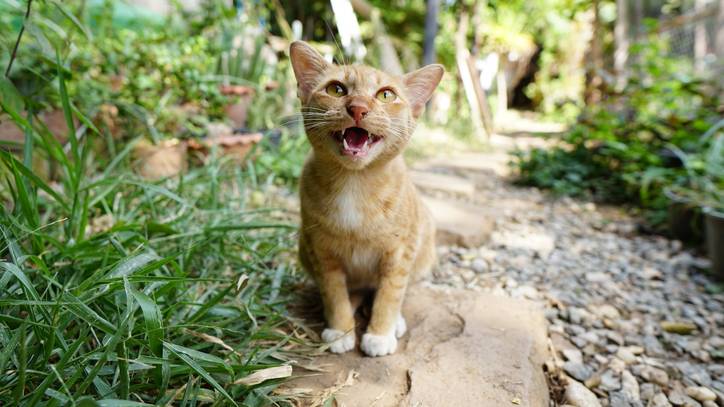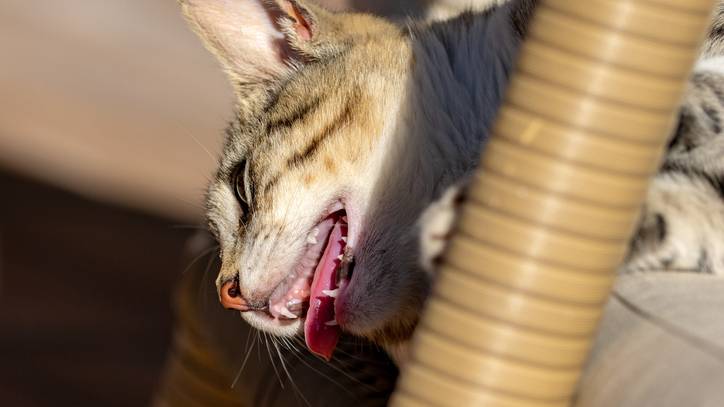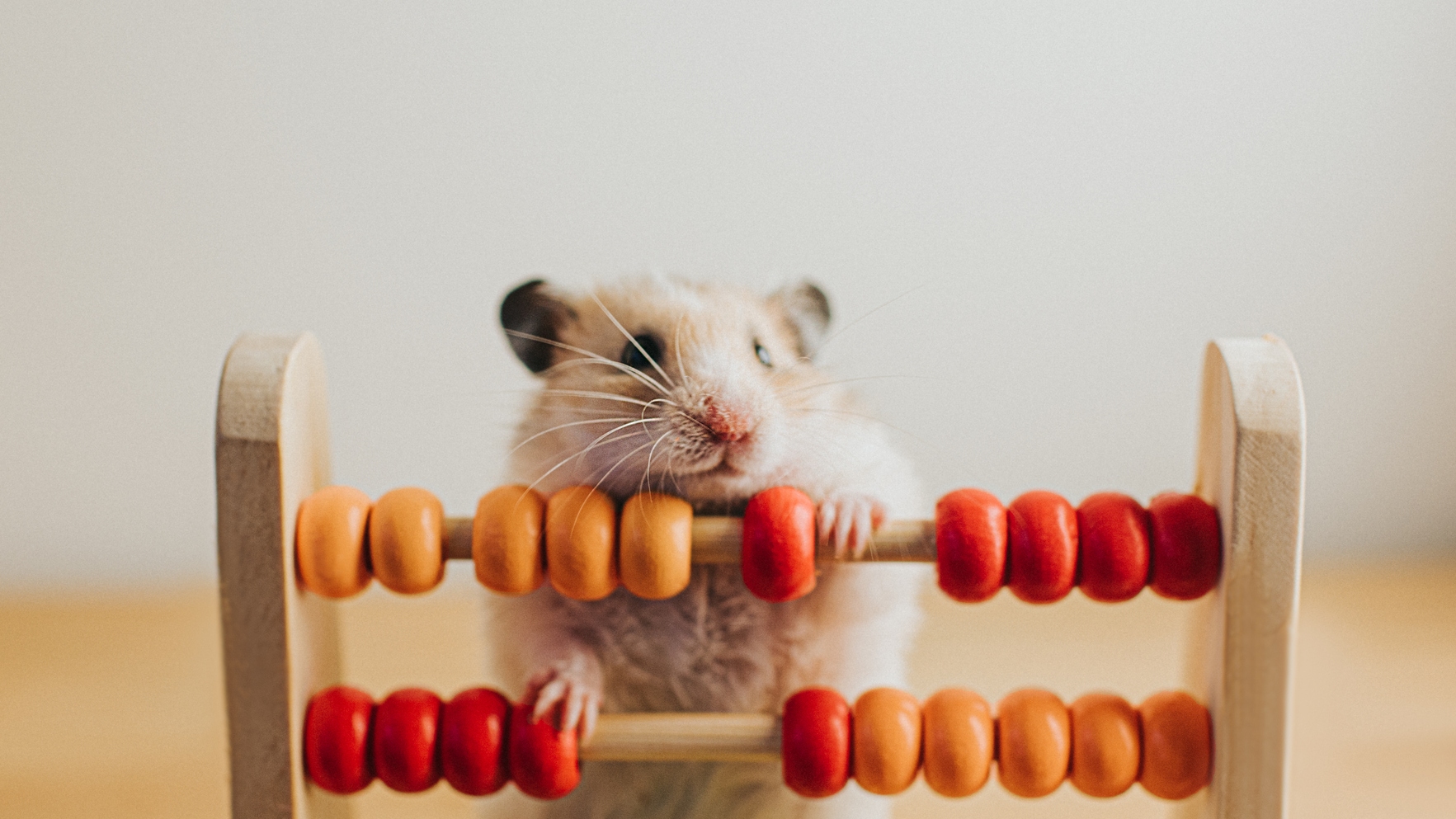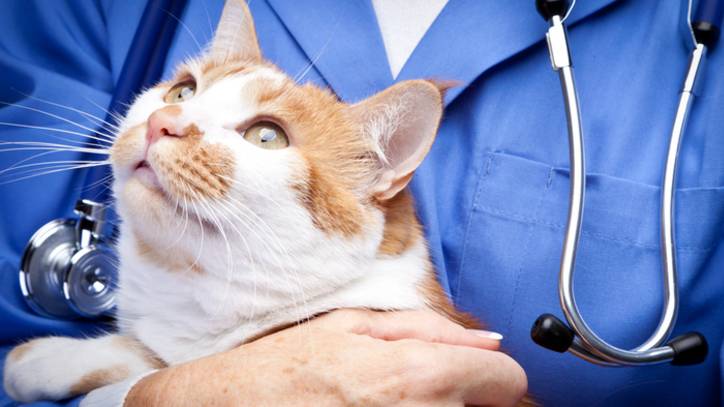Cat panting: A vet's guide to causes and treatment
Everyone knows that dogs pant, but what about cats? What does it mean if your cat is panting?

Get the best advice, tips and top tech for your beloved Pets
You are now subscribed
Your newsletter sign-up was successful
Cat panting is far less common than dog panting, and it's also much more concerning. Cats can pant for a variety of reasons, from simple explanations such as being too hot or overweight to much more complex issues such as stress and breathing distress.
While your first instinct may be to simply cool down your cat or consider feline weight loss options, it's important to note that, while panting can be a symptom on its own, it can also indicate an underlying health issue, so you might notice other symptoms too.
If your cat is panting, even it is a warm day, or they're stressed, it could signify that they're unwell. Therefore, getting your feline friend checked out by a veterinarian is a sensible idea.
Why do cats pant with their mouth open?
Cats can pant for various reasons. Sometimes the cause is obvious, especially if it's environmental. Examples of environmental causes of cats panting are heat and stress. Many cats will pant when they're confined to a cat carrier on the way to the vets, especially on a hot day. Another reason why your cat might pant is after exertion, so if they've just been playing frantically with their feline buddy, cat panting after playing may be normal.
However, cats tend to pant as a last resort when their airways can no longer get sufficient air into their lungs. Therefore, even if there is a potential cause for the panting, there could still be an underlying health issue compromising their breathing.

What does it mean when a cat is panting?

There’s no NHS for pets. Veterinary care can be eye-wateringly expensive and most pets will need treatment for an illness or injury at some point in their life. It’s difficult to think about your animals being hurt or unwell, but you need to ask yourself: what would you do if you were faced with a vet bill for hundreds or thousands of pounds?
If your cat pants with little or no obvious cause, it is likely to mean that they are in breathing distress. This could mean that they have an issue with their airway, including feline asthma, a respiratory infection, obesity, pregnancy, heart disease, or even cancer.
Feline asthma might cause your cat to have fits of coughing, as well as wheezing and difficulty breathing. You might notice their abdomen moving in and out when they breathe or that their chest moves more obviously than it used to. An airway infection can also cause coughing and signs of breathing distress, but you might also notice sneezing, a discharge from the nose, lethargy, or a reduced appetite. Obese or pregnant cats may be panting with their mouth open. This is because their enlarged belly doesn’t allow their chest to expand well when they breathe, which can cause breathing distress.
Get the best advice, tips and top tech for your beloved Pets
If your cat has a heart condition, their gums might be paler than normal or slightly blue. They might not be as active as usual, or they might tire more easily. Tumours within the lungs or surrounding tissues can cause a variety of symptoms like weight loss, changes in appetite, and lethargy, as well as causing pale gums and breathing distress.
When is it time to go to the vet?
Because panting can occasionally be normal for cats, deciding when your panting cat needs to see a vet might be tricky. If it is a hot day, or your cat has been on a journey in the car, it could be normal for your cat to pant. Remember, though, it takes a lot to cause a cat to pant. Therefore, even if there is a possible cause, there might still be an underlying health condition compromising their airway.
If your cat's breathing doesn't recover quickly after panting, or if they have any additional symptoms, it's best to take them to your veterinarian for a check-up. Some symptoms, including pale or blue gums, excess drooling, and panting that doesn’t stop after rest are considered signs of an emergency. Call your vet and explain the situation to see if they want you to attend the practice.

What treatments are there for panting cats?
The recommended treatment for cat panting varies depending on the underlying cause. If your cat is very stressed or anxious, they might benefit from anti-anxiety or calming medications, which you can get from your veterinarian. You could also try an anti-stress plug-in diffuser or spray.
If your cat is panting because they are too hot, you should try to find them somewhere cool to rest, offer plenty of cool water to drink, and consider using a fan or placing cool, wet towels on them. However, it's always best to check with your veterinarian if you think your cat is too hot, as heatstroke or hyperthermia can be very serious.
If your cat is overweight, and you suspect that this could be the cause of their panting, try cutting back their food ration and see if their breathing improves. Your local veterinary practice's nursing team will be able to support you and your cat in their weight loss journey, so make sure you reach out.
If you're not sure why your cat is panting, you should make an appointment with the veterinarian without delay so that they can check for any health issues and start treatment as appropriate.
So, when do I need to worry about panting?
It's very unusual for cats to pant, so unless there is a clear and obvious cause, it's best to get your veterinarian's opinion on whether it's normal. After all, if there is an underlying health issue causing the panting, your veterinarian will be able to start treatment early. Then, your feline friend can get back to living a happy, healthy life!
If you found this feature helpful check out Why do cats pant after playing?
Dr Hannah Godfrey is a small animal vet who graduated from the Royal Veterinary College in 2011 and began work straight away at a busy mixed practice. Initially, she treated all species, but focussed on small animals from 2014. She has a passion for soft tissue surgery, ultrasound, and canine and feline dentistry, having completed additional training in these areas.

